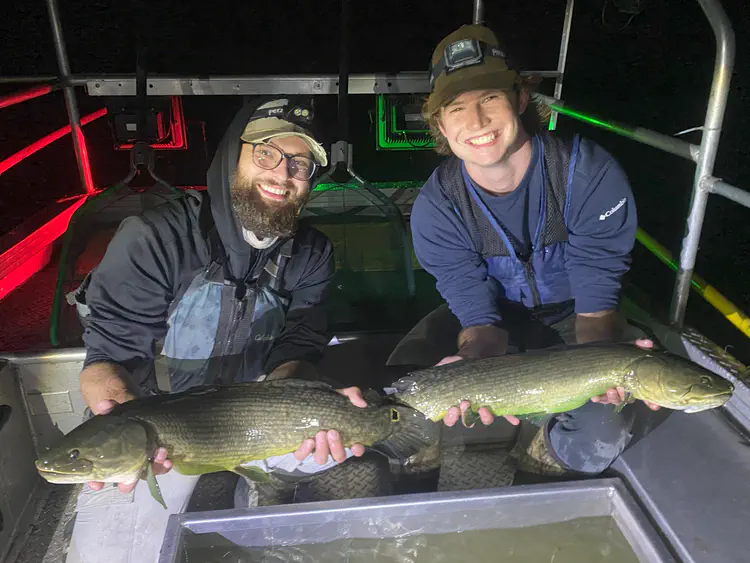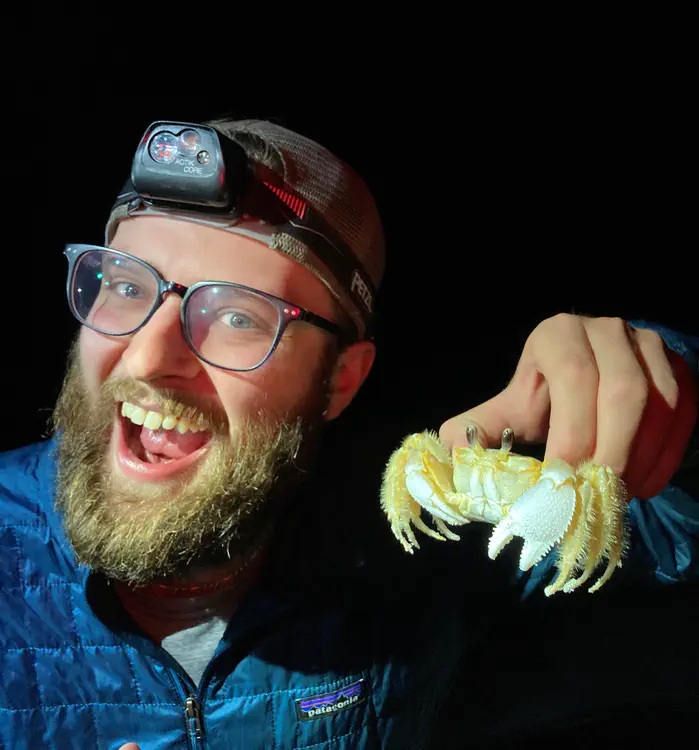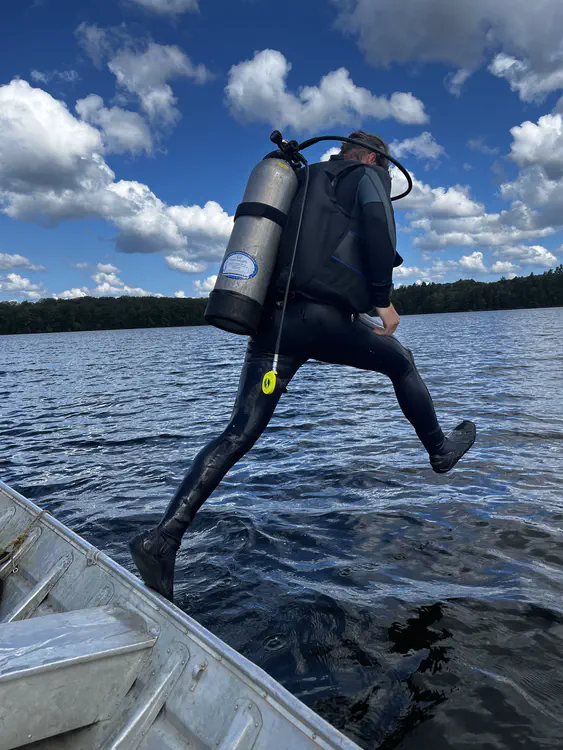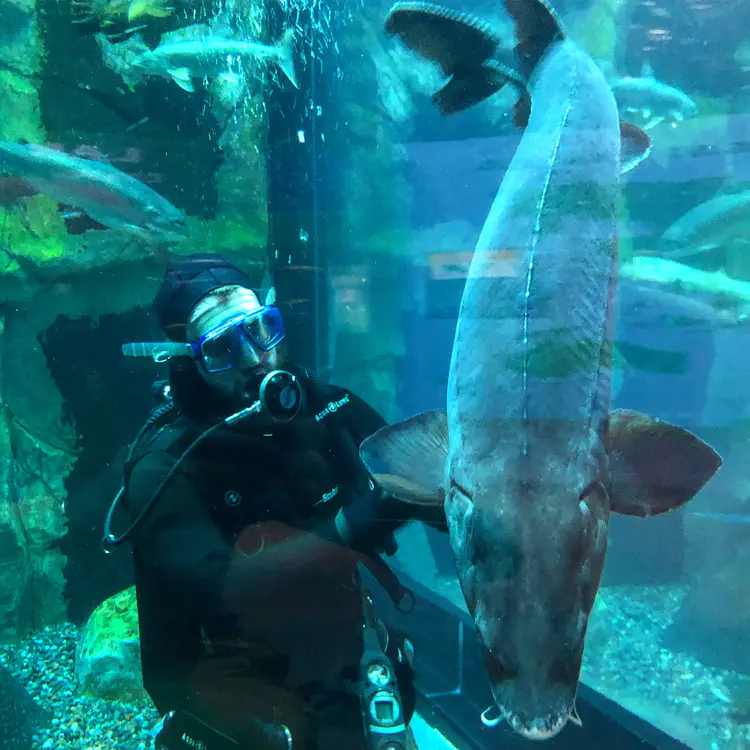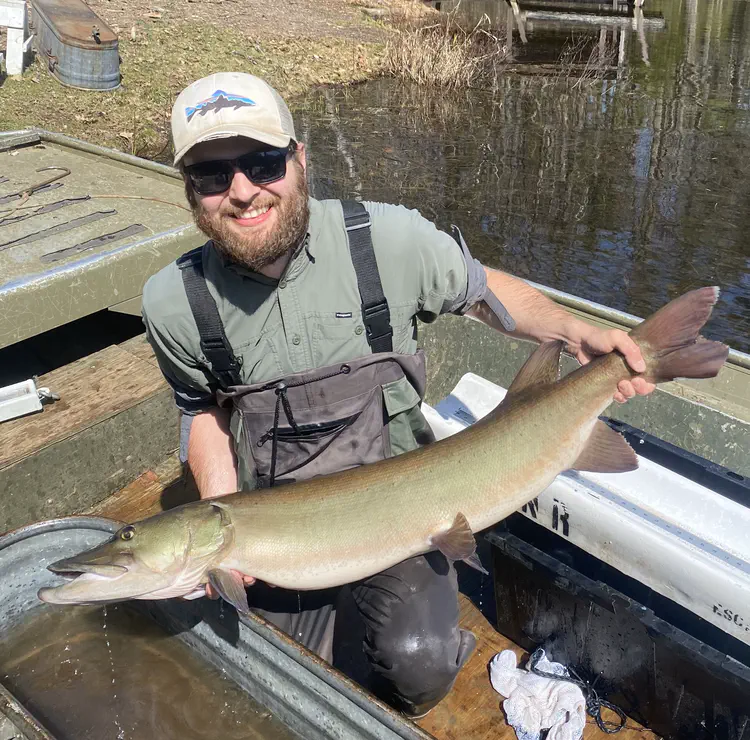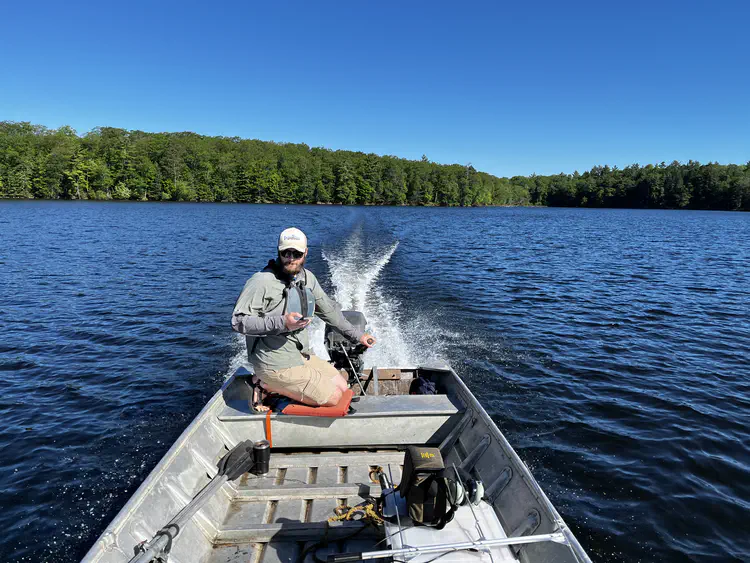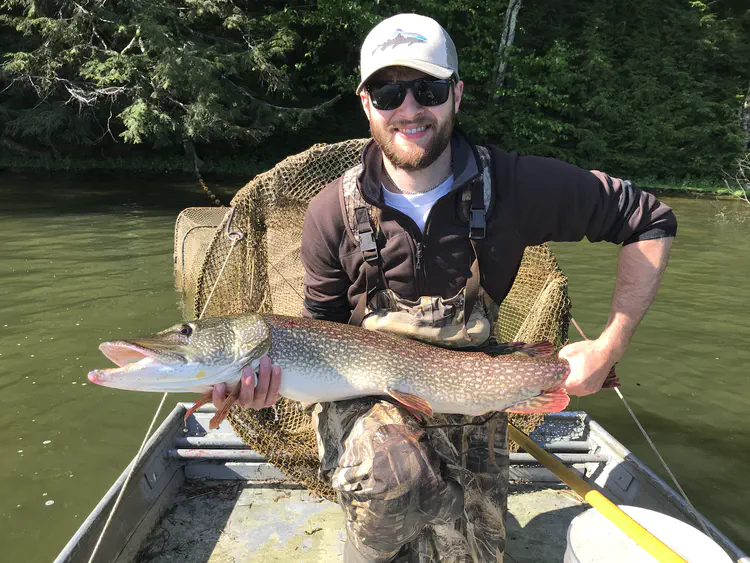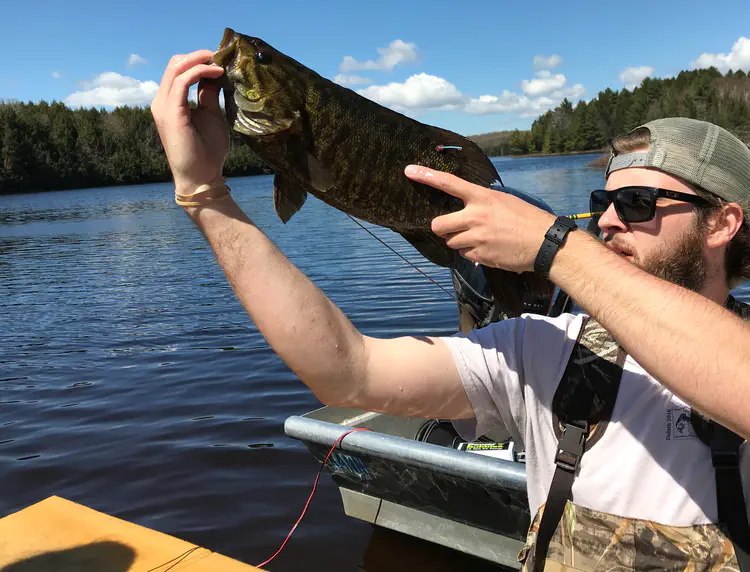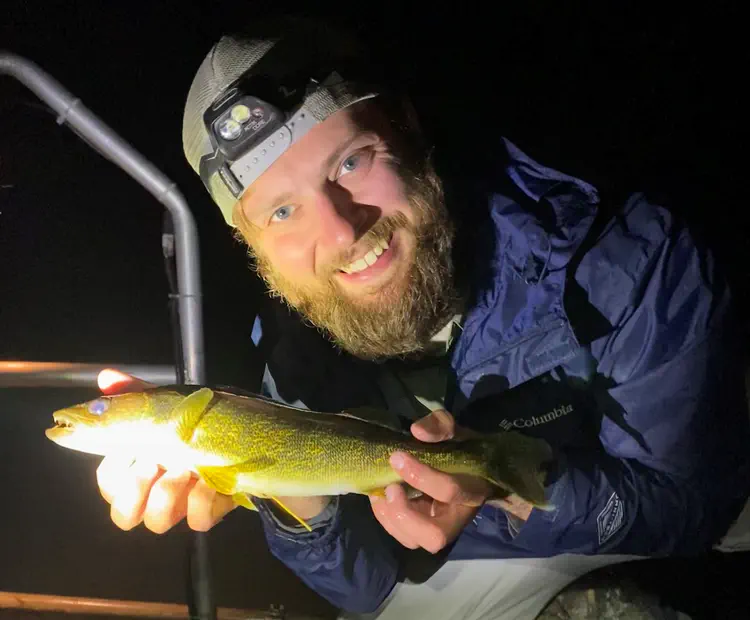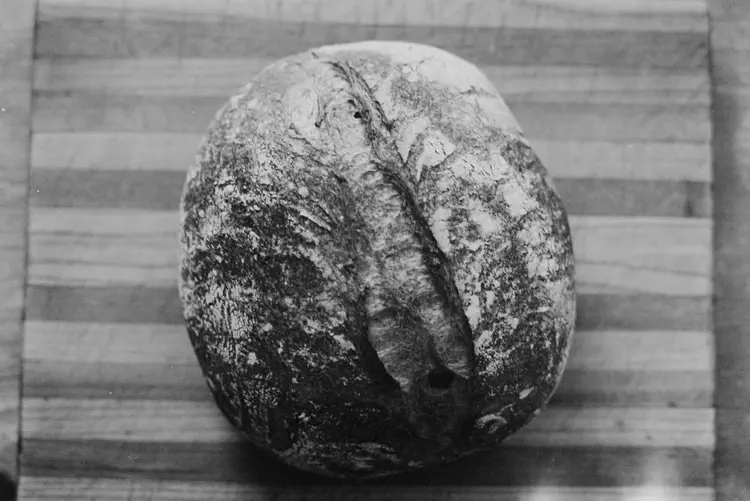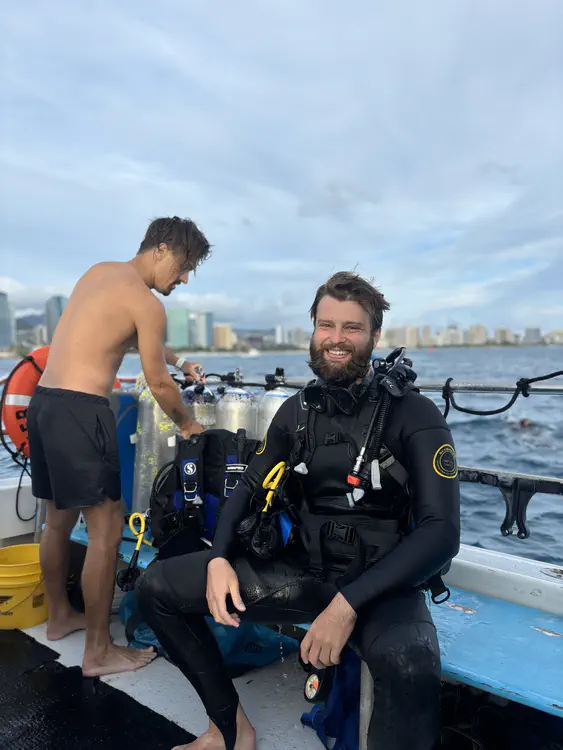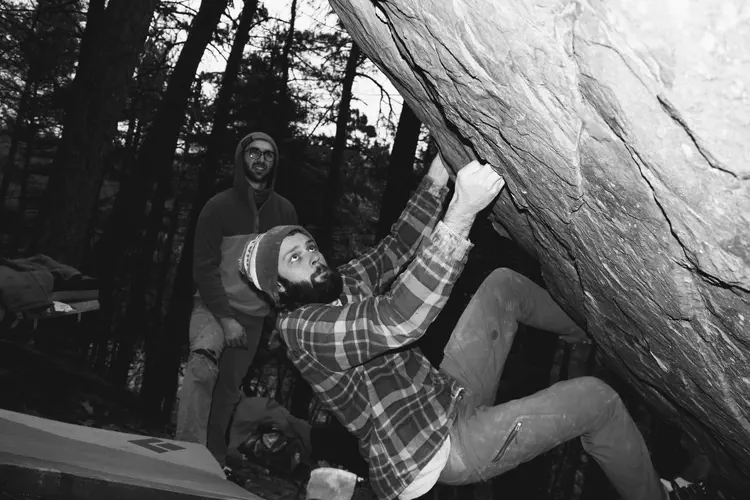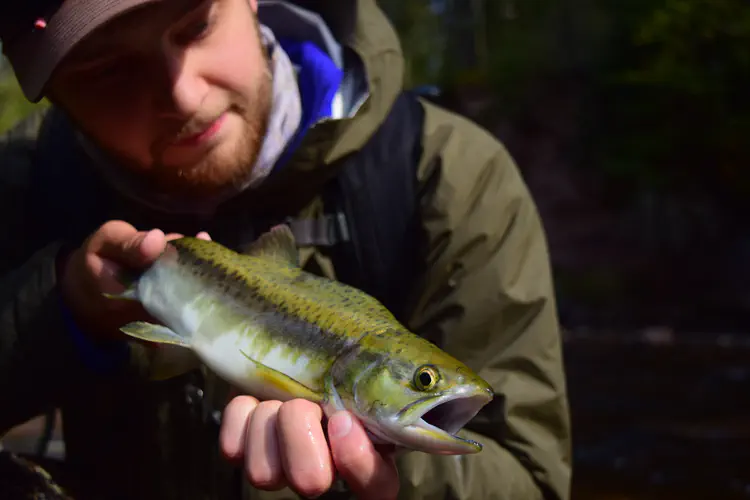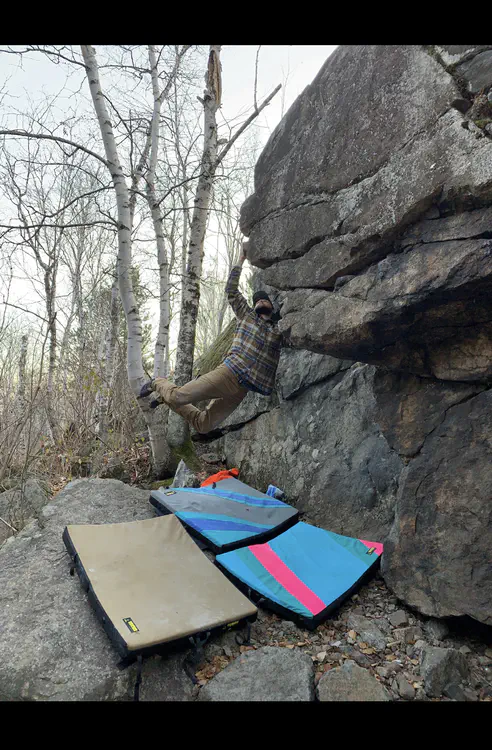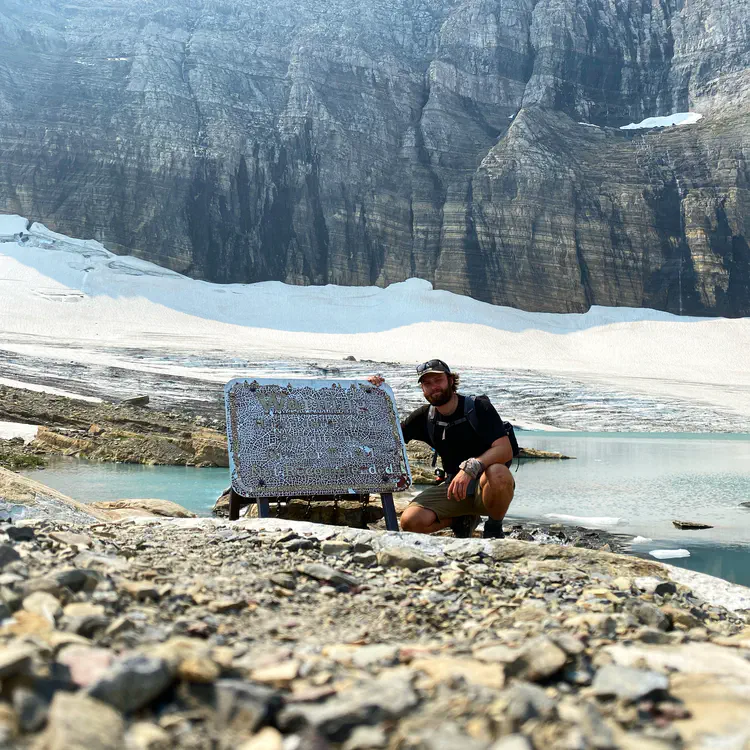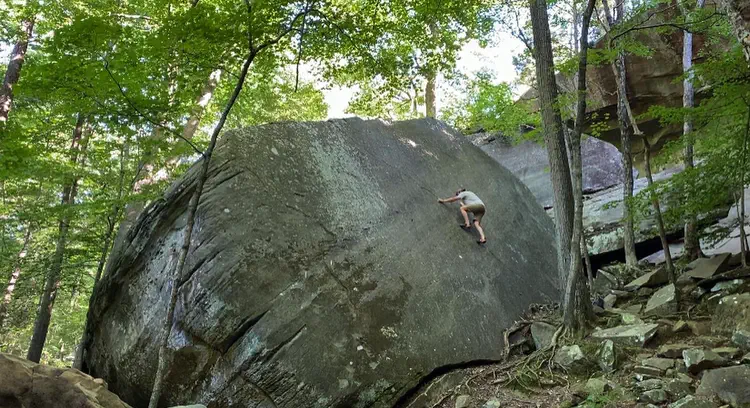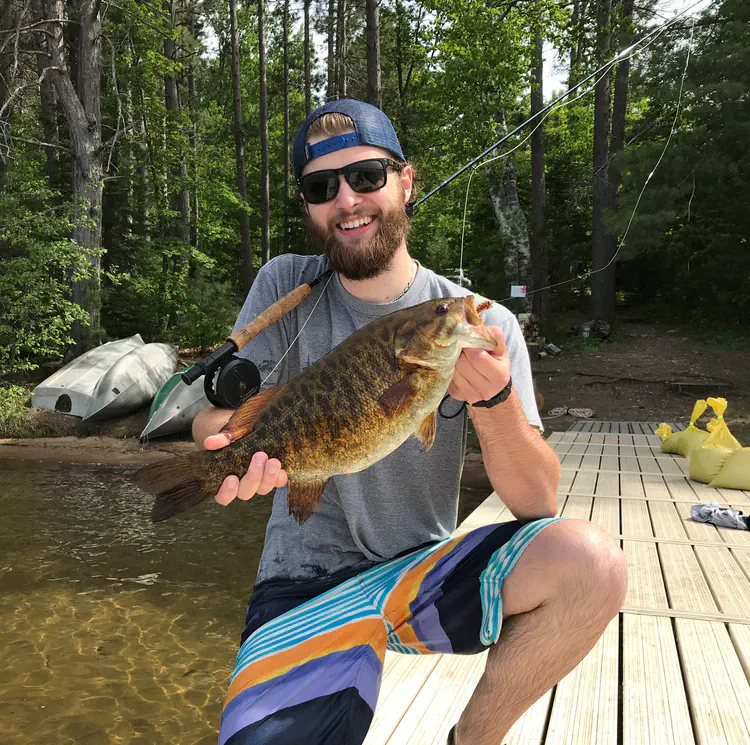Welcome! My name is Quinn Smith, I’m a PhD Student at the University of Wisconsin-Madison’s Center for Limnology under Dr. Jake Vander Zanden and Dr. Olaf Jensen.
Passion bring progress, get out there and show the world your passion.
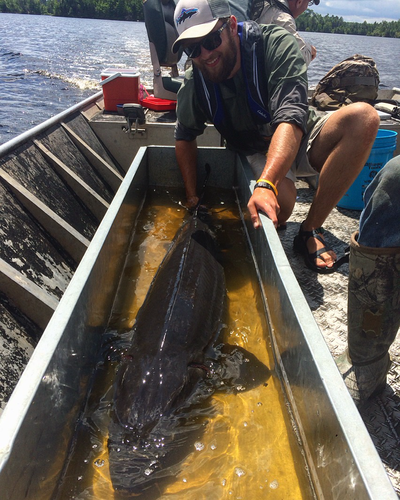
About Me
I am a fisheries ecologist with interests relating to the conservation and management of fish communities, the influence of climate change on the ecology, fisheries, and population dynamics within lake systems, human effects on ecosystems, and water column effects due to changing light conditions. I am currently a Ph.D. candidate at the University of Wisconsin – Madison examining climate change and habitat use of walleye. My Master’s work focused on sportfish behavioral responses to a coarse woody habitat introduction in northern Wisconsin, a common management option in ecosystems influenced by increased lakeshore residential development. In the past, I have worked on predictive models to help conceptualize future ecological conditions on Lake Superior relating to changing water column light conditions given trends in increased wind over the lake surface and ice cover decline.
Download my CV .
- Fisheries Ecology
- Fish Behavior
- Anthropogenic Disturbances
M.S. Integrated BioSciences, 2021
University of Minnesota - Duluth
B.S. Biology, 2018
University of Minnesota - Duluth
B.A. Hispanic Studies, 2018
University of Minnesota - Duluth
Research Experience
Projects included:
- Assessing the Effect of Climate Change on Surface Ice Cover Regarding Siscowet Lake Trout Feeding Habits in Lake Superior
- Assessing the Effect of Variable Surface Ice Cover Regarding Algal Productivity in Lake Superior
- Assessing the Effect of Waves on Siscowet Lake Trout Feeding Habits
Featured Publications
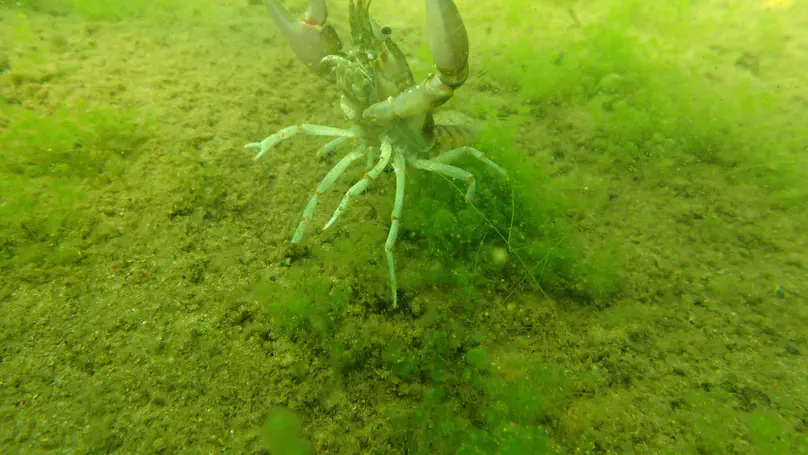
Observations of pack, communal, or social hunting in fishes are rare. While scuba diving in Star Lake, Vilas County, WI, we observed a school of Ambloplites rupestris (Rock Bass) exhibiting pack hunting of invasive Faxonious rusticus (Rusty Crayfish). Individual Rock Bass approached a Rusty Crayfish from the anterior to elicit a defensive posture while others attacked it from behind, or an individual attempted to remove chelae while another consumed the incapacitated Rusty Crayfish. To our knowledge, these behaviors are the first observations of pack hunting in a North American freshwater fish and may highlight the influence of aquatic invasive species on adaptations in foraging behaviors of native fish to capitalize on novel prey resources.
Publications
Activities
Contact
- qcsmith2@wisc.edu
- Hasler Laboratory of Limnology - 680 Park St., Madison, WI 53706
